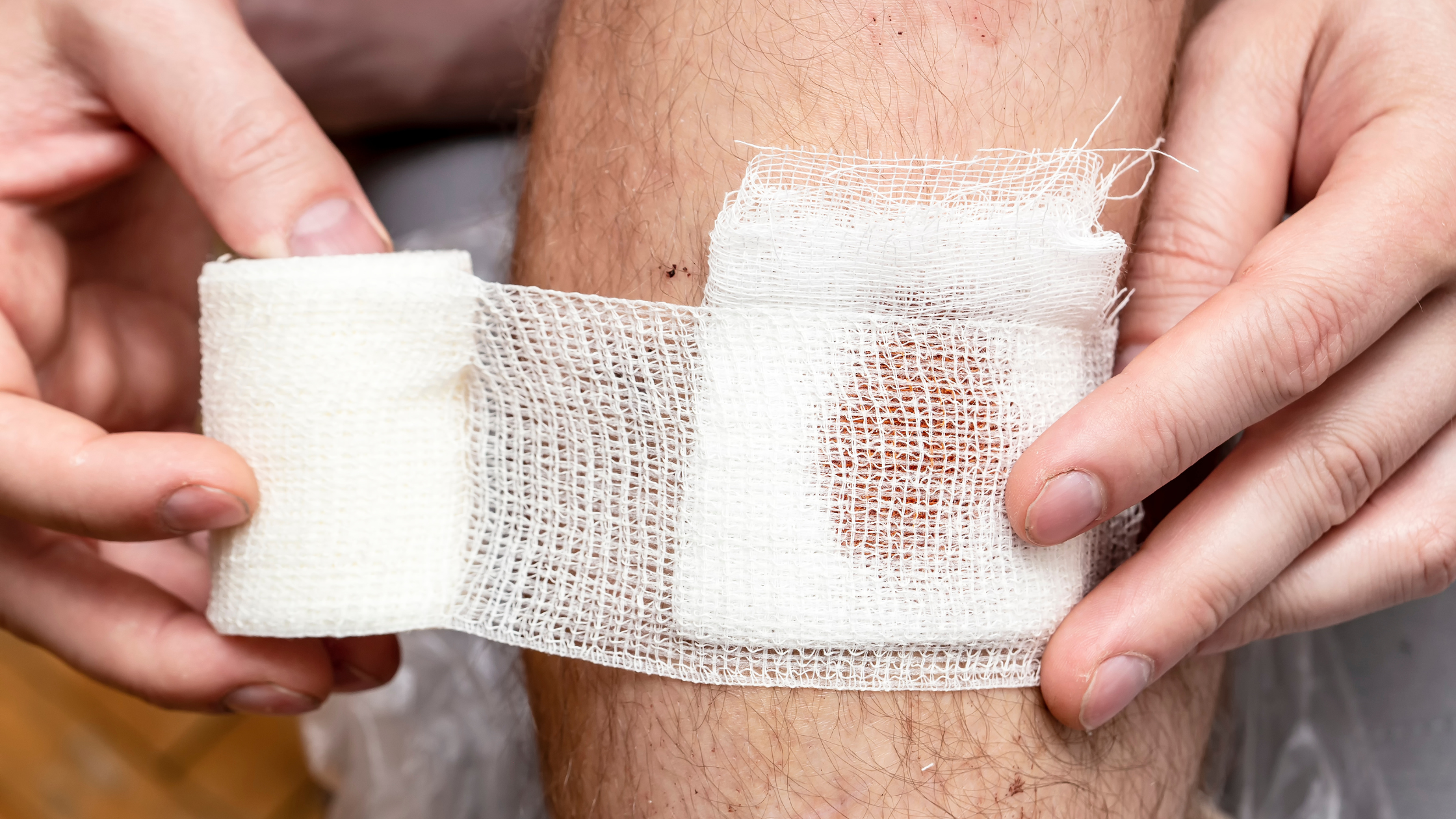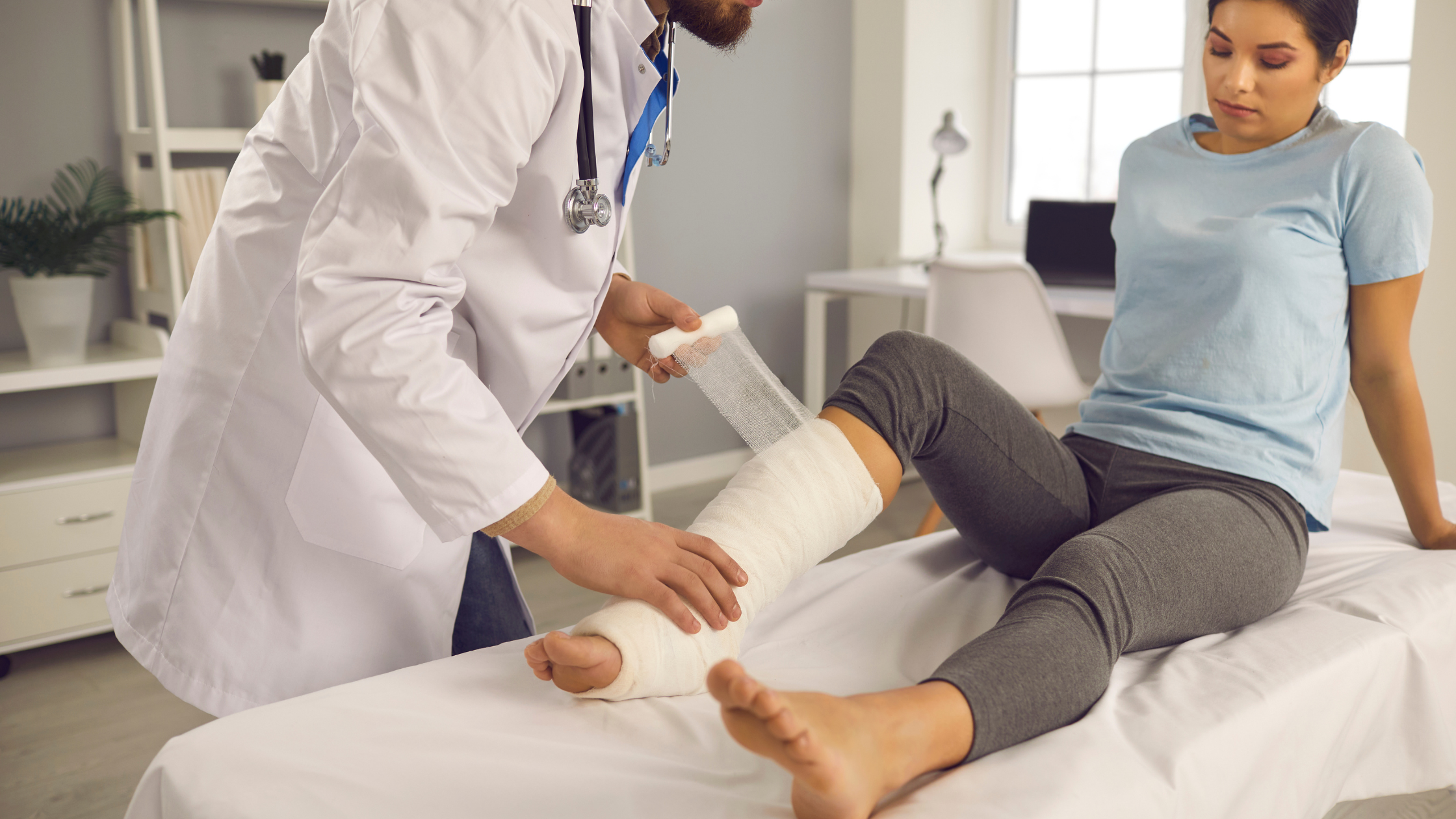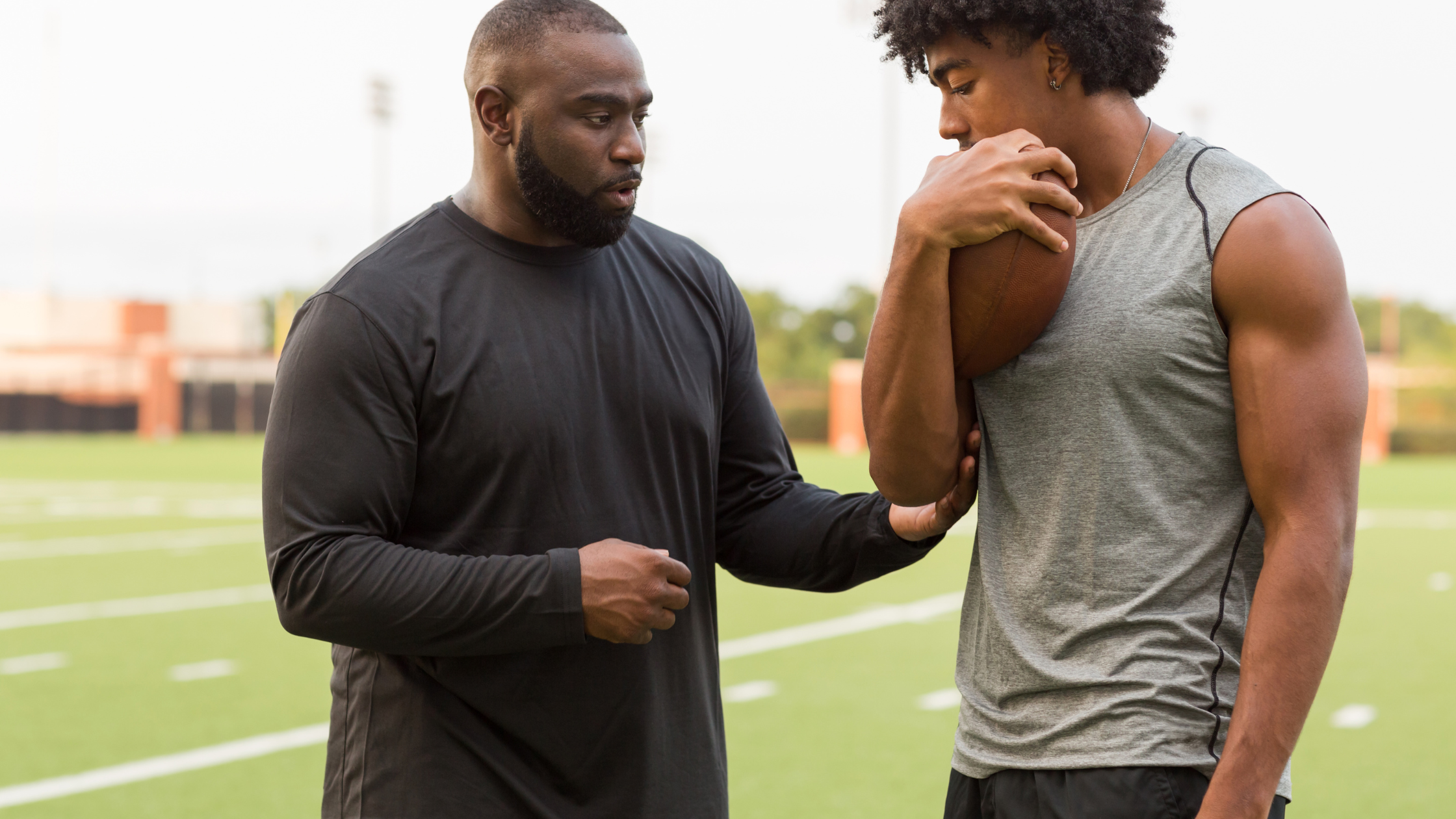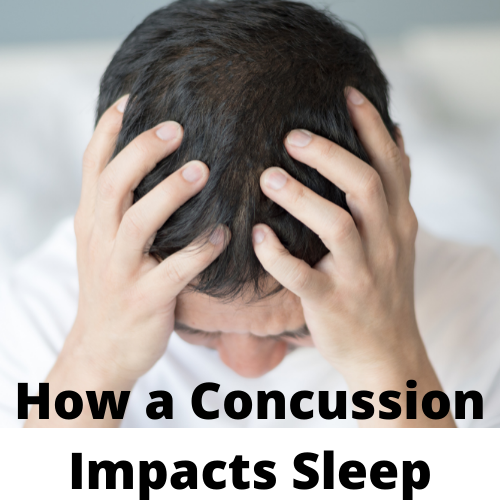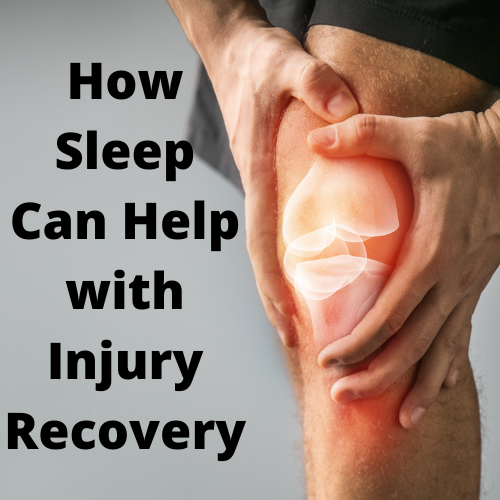Shoulder pain can be a persistent and unwelcome companion, disrupting not only your waking hours but also robbing you of the restorative power of a good night's sleep. Whether it's due to an injury, overuse, or an underlying condition, shoulder pain can make finding a comfortable sleeping position a nightly challenge. In this blog post, we'll explore the impact of shoulder pain on sleep and share tips to help you navigate the night while promoting healing and restfulness.
Shoulder Pain Keeping You Up? Tips for Sleeping through the Discomfort
Recovery from a wound, particularly when a wound vac (vacuum-assisted closure) is involved, demands special attention to ensure optimal healing and comfort. A wound vac is a device that assists in the healing process by applying negative pressure to a wound, promoting faster recovery. Sleep is a crucial aspect of the healing journey, and adapting to sleeping with a wound vac may require some adjustments. In this blog post, we'll explore tips and strategies to make sleeping with a wound vac as comfortable and restful as possible.
The Healing Power of Sleep: Recovering from a Fractured Bone
Recovery from a fractured bone is a journey that requires patience, proper care, and attention to various aspects of your well-being. While medical intervention, physical therapy, and a healthy diet play crucial roles in the healing process, one often underestimated factor is the importance of quality sleep. In this blog post, we will explore the connection between sleep and the recovery of fractured bones, and how prioritizing rest can significantly contribute to a faster and smoother healing process.
For professional athletes, retirement marks a significant transition—a shift from the rigor of intense training schedules and competition to a new phase of life. While retirement brings freedom from the demands of professional sports, it also presents unique challenges, including adjustments to lifestyle, physical health, and overall well-being. One crucial aspect that often requires attention during this transition is sleep.
In this blog post, we'll explore why sleep is vital for retired athletes, common sleep challenges they may face, and strategies to optimize sleep for enhanced recovery and quality of life post-retirement.
Student athletes are a particular subset of people with special needs. They have to balance their school, athletics, and extra curricular activities. This can make it difficult for student athletes to obtain the number of hours of sleep that they need.
On average, college athletes spend between 27-41 hours per week on training and competition. They also have high pressure to perform academically well, and have to attend class, office hours, tutoring sessions, and academic advising. At least 42% of student athletes report getting poor sleep every day, with 3 in 5 students getting less than 7 hours of sleep a night.
Guidelines state that adolescents and teens should be averaging 8-10 hours of sleep a night. For student athletes, the bottom number actually increases to 9 hours of sleep a night.
A study found that 72% of them nap on a regular basis, but napping can interfere with sleep schedules and cause insomnia at night. Therefore, it's important to find the best time to nap, and not snooze for too long.
Sleep varies according to level of activity of a particular student athlete. More strenuous sports require longer sleep for full recovery. Therefore, there isn't a single recommendation for sleep that covers all student athletes. Given the many variables that go into one's sleep requirements, it's best for student athletes to analyze their own sleep patterns and determine what amount of hours makes them feel good.
How a Concussion or Mild Traumatic Brain Injury Can Impact Sleep
A concussion, or a mild traumatic brain injury, is the movement of your brain in the cranial cavity. Although the brain is well protected by the skull, nothing prevents your brain from moving within the cranium. This movement, along with any injuries from the brain's contact with the skull, can result in a concussion.
A concussion is an injury that results in feelings of nausea or vomiting, brief lapses in consciousness or memory, sensitivity to light and sound, among other symptoms. Keep reading to find out how this type of injury can impact your sleep.
Whether you are a top-notch athlete or someone whose idea of exercise consists of walking from room to room, sleep is important for body recovery. It may be more important for those who are more intensely exercising, but even if you don't live an active lifestyle, your body is still experiencing wear and tear from everyday use. If you have sustained an injury, sleep is especially important for a full and faster recovery. Keep reading to find out how sleep can impact your injury and recovery.


